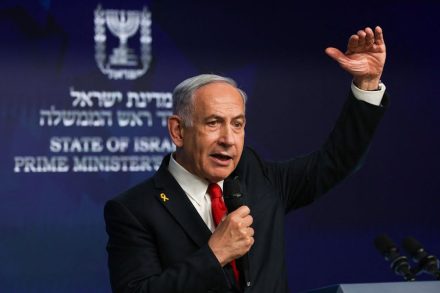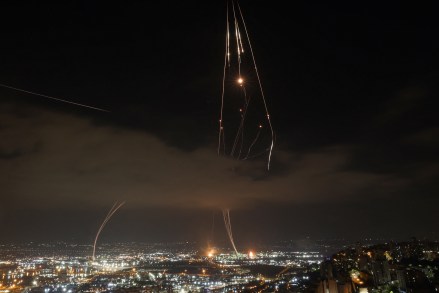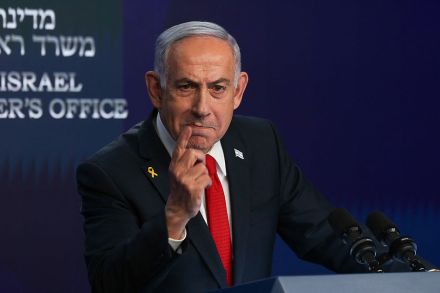Israel steps up its campaign to destroy the Houthis
Last night, Israeli fighter jets struck multiple military targets belonging to the Houthi terrorist regime in Yemen, marking one of the most expansive and targeted responses to date. Among the sites hit were the ports of Al Hudaydah, Ras Isa, and Salif, as well as the Ras Kanatib power plant. The IDF confirmed that the Galaxy Leader, a commercial vessel seized by the Houthis in November 2023 and repurposed for terrorist use, was also among the targets struck. The Israeli military described the operation as a direct and forceful response to the repeated missile and drone attacks launched by the Houthis against Israeli territory. The Houthis, an Iranian-backed militia operating




















